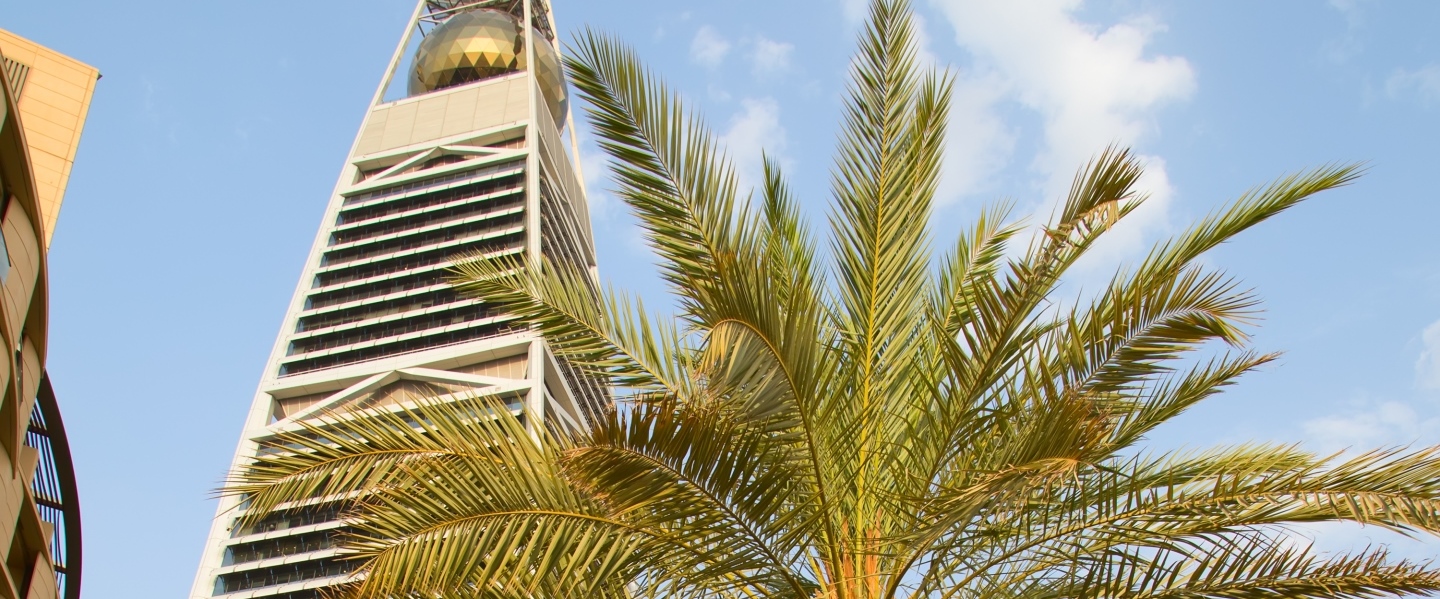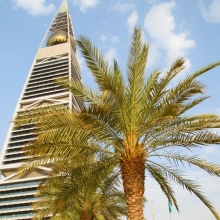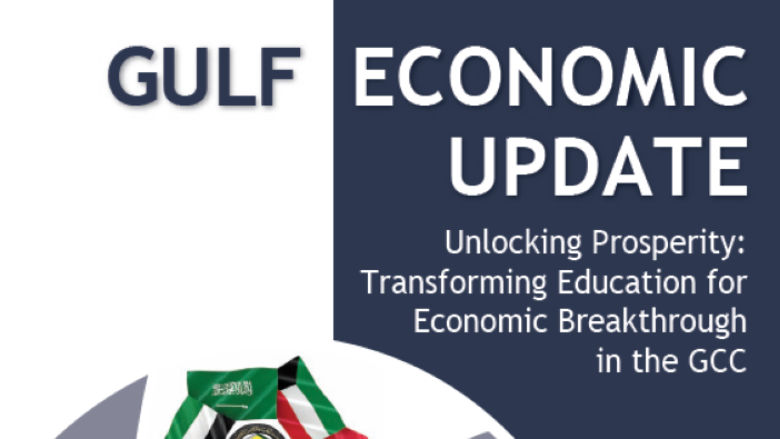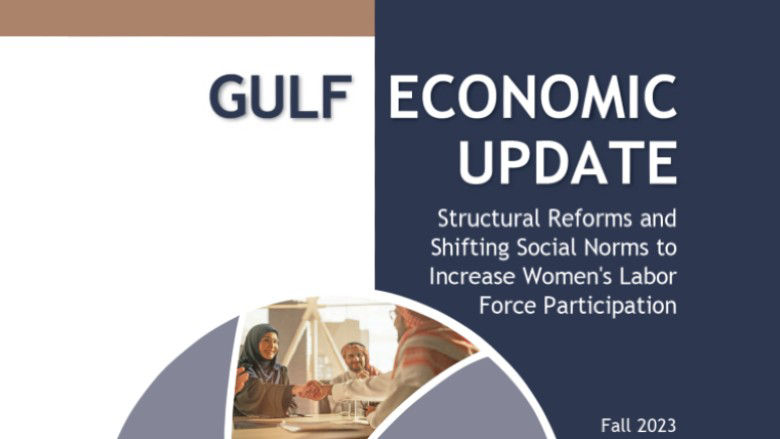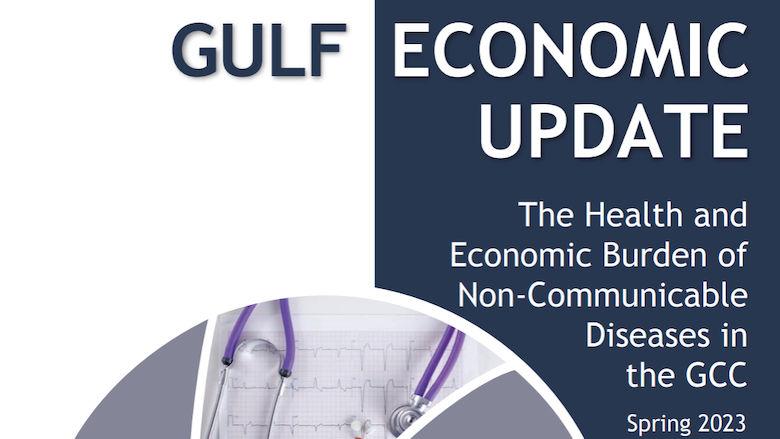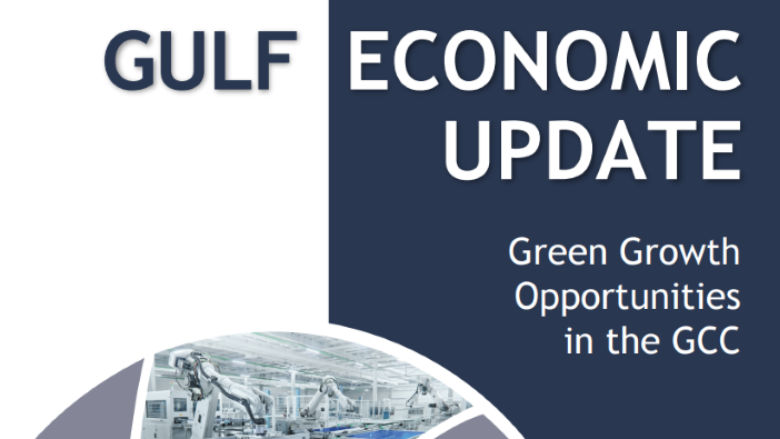The World Bank (WB) has maintained strong partnership with Gulf Cooperation Council (GCC) countries for more than five decades. The WB has delivered transformational technical assistance, capacity building, and highly relevant knowledge products, to support the development agenda of the region. The governments of the Kingdom of Bahrain, the Kingdom of Saudi Arabia, the State of Kuwait, the State of Qatar, the Sultanate of Oman, and the United Arab Emirates (UAE) have made use of the global knowledge and development expertise that the WB provides through Reimbursable Advisory Services (RASs), as the GCC countries start to move towards a more diversified economy supported by stronger human capital development. The RASs are demand-driven and tailored to the specific country context and consist of advice on strategic reforms and policies, implementation support, and capacity building.
GCC countries are well-positioned to become regional and global leaders by using their influence to highlight the development challenges confronting developing countries. The visions set by GCC countries align well with the World Bank’s evolution roadmap, particularly through forging wider partnerships and generating knowledge through the RAS program.
The Bank’s RAS portfolio in the GCC reflects the alignment between the countries’ priorities and development plans and core World Bank strengths, built on evidence and international expertise. It is anchored in the WB’s twin goals - ending extreme poverty and increasing shared prosperity on a livable planet - and the Bank's strategy for the Middle East and North Africa (MENA) region.
The Bank's programs currently support long-term economic diversification, development planning, human development, and the management of sustainable macroeconomic and fiscal policies. The scope of these programs includes reforming the business environment to enhance trade and competitiveness and fostering a dynamic and entrepreneurial small business sector. Improving human capital is an integral part of WB programs as it provides needed synergy along several sectors including health, education, labor and skills, and social protection. The Bank also supports the countries’ plans to address the impact of climate change, and foster sustainable urban development, environmental and social development, water management, governance, transport, energy, land management, and digital development.
On the other hand, supporting the GCC countries has contributed to scaling up the Bank’s global experience of addressing challenges in high and middle-income countries- with key lessons for low-and-middle income countries - by producing and customizing development knowledge, jointly with government counterparts, and delivering it as global public goods.
The WB also works with the GCC on promoting the development of private sector institutions. The International Finance Corporation (IFC) provides financial support to GCC-based private sector companies interested to expand their operations globally. The Multilateral Investment Guarantee Agency (MIGA) issues guarantees to private sector investors, with a special emphasis on renewable energy and climate-related endeavors.
Kuwait and Saudi Arabia have, over the years, contributed to the financing of the International Development Association (IDA), while Bahrain, despite its own fiscal constraints, became a first-time donor in the IDA 19 replenishment. In addition to the generous contributions to IDA, GCC countries have been instrumental in supporting recovery and reconstruction efforts in the MENA region, both on a bilateral and multilateral basis. Saudi Arabia, Kuwait, Qatar, and the UAE contribute actively to global multi-donor trust funds (MDTF) managed by the World Bank. These contributions have included: (1) Saudi Arabia: Sudan Transition and Recovery Support MDTF, Coalition for Epidemic Preparedness Innovations, Women Entrepreneurs Finance Initiative, Digital Development Platform, and Middle East and North Africa Fellows Program; (2) UAE: Women Entrepreneurs Finance Initiative, and Global Partnership for Education Fund; and (3) GCC: Trust Funds for Education, particularly through partial contributions by Qatar Foundation. The WB also partners with existing multilateral and bilateral institutions in the GCC, including the Islamic Development Bank, the Arab Fund for Economic and Social Development, the Arab Monetary Fund, Saudi Fund for Development, Kuwait Fund, Qatar Fund for Development, Abu Dhabi Fund, and Abu Dhabi Global Markets. Such partnerships aim to leverage the financial support for development extended by GCC countries.
The Bank has a GCC Regional Office in Riyadh headed by a Regional Director, country offices in Kuwait and Abu Dhabi headed by Resident Representatives, and a country management unit at World Bank headquarters in Washington, D.C.
Last Updated: Oct 25, 2023
